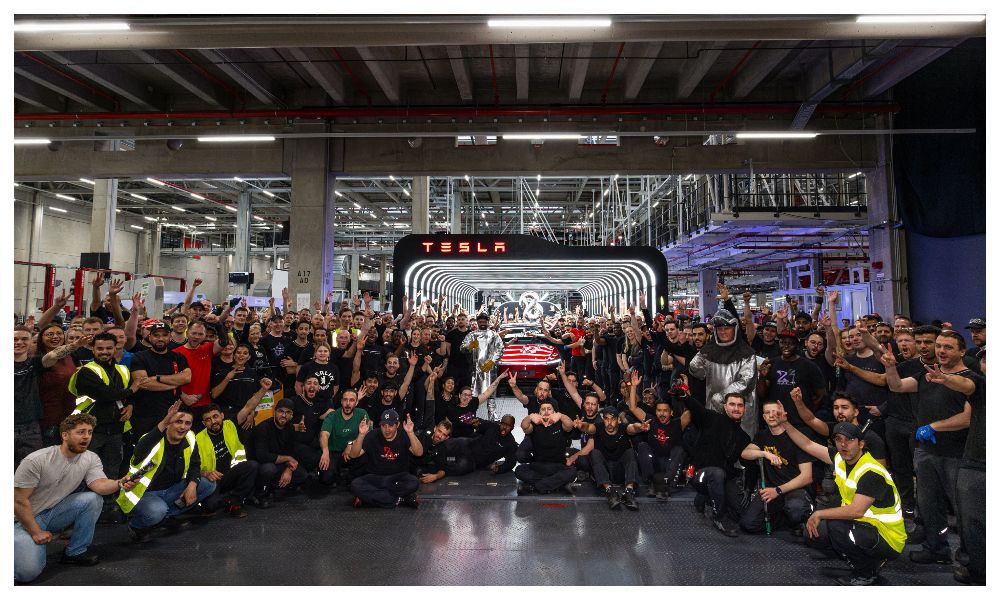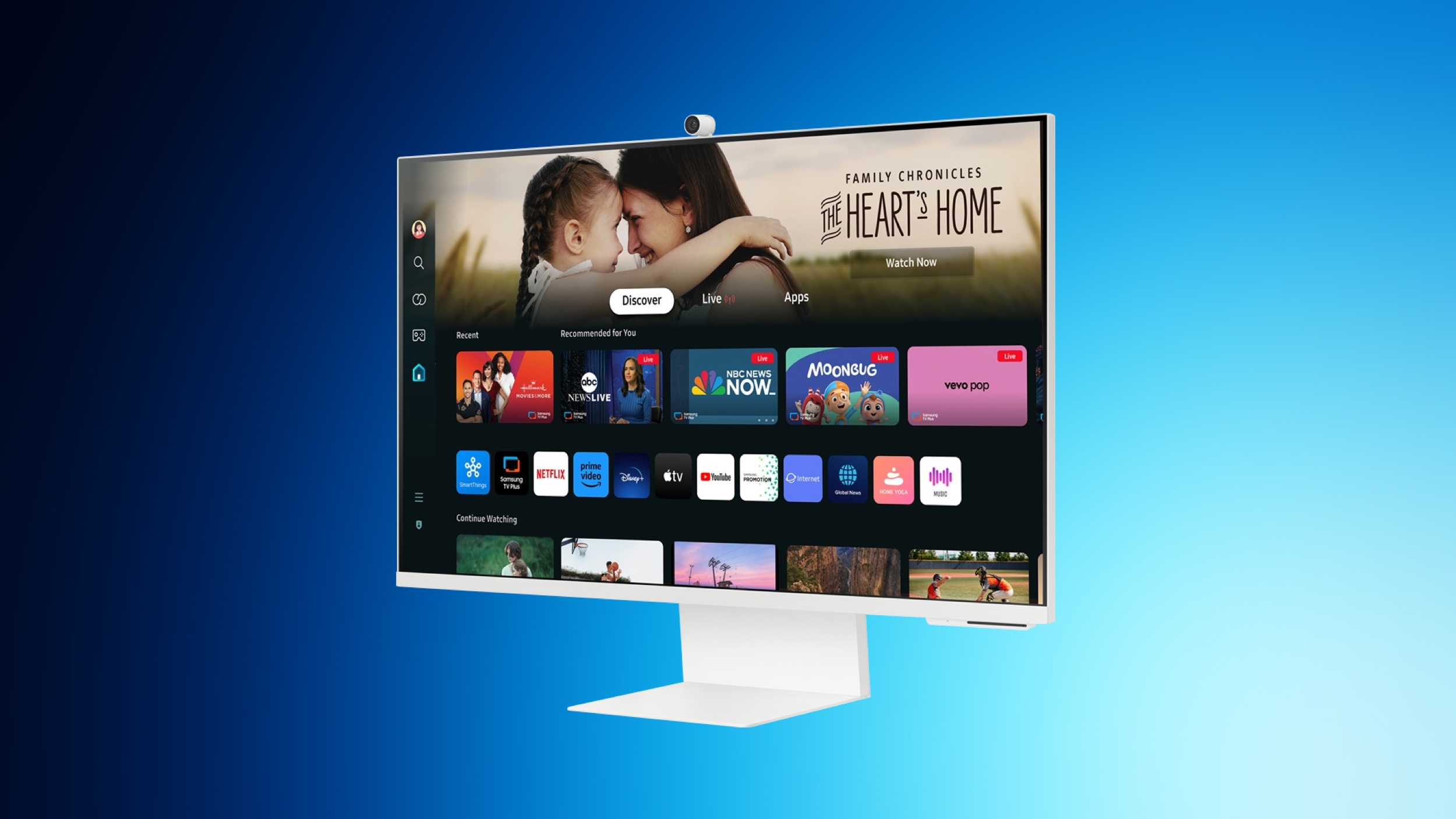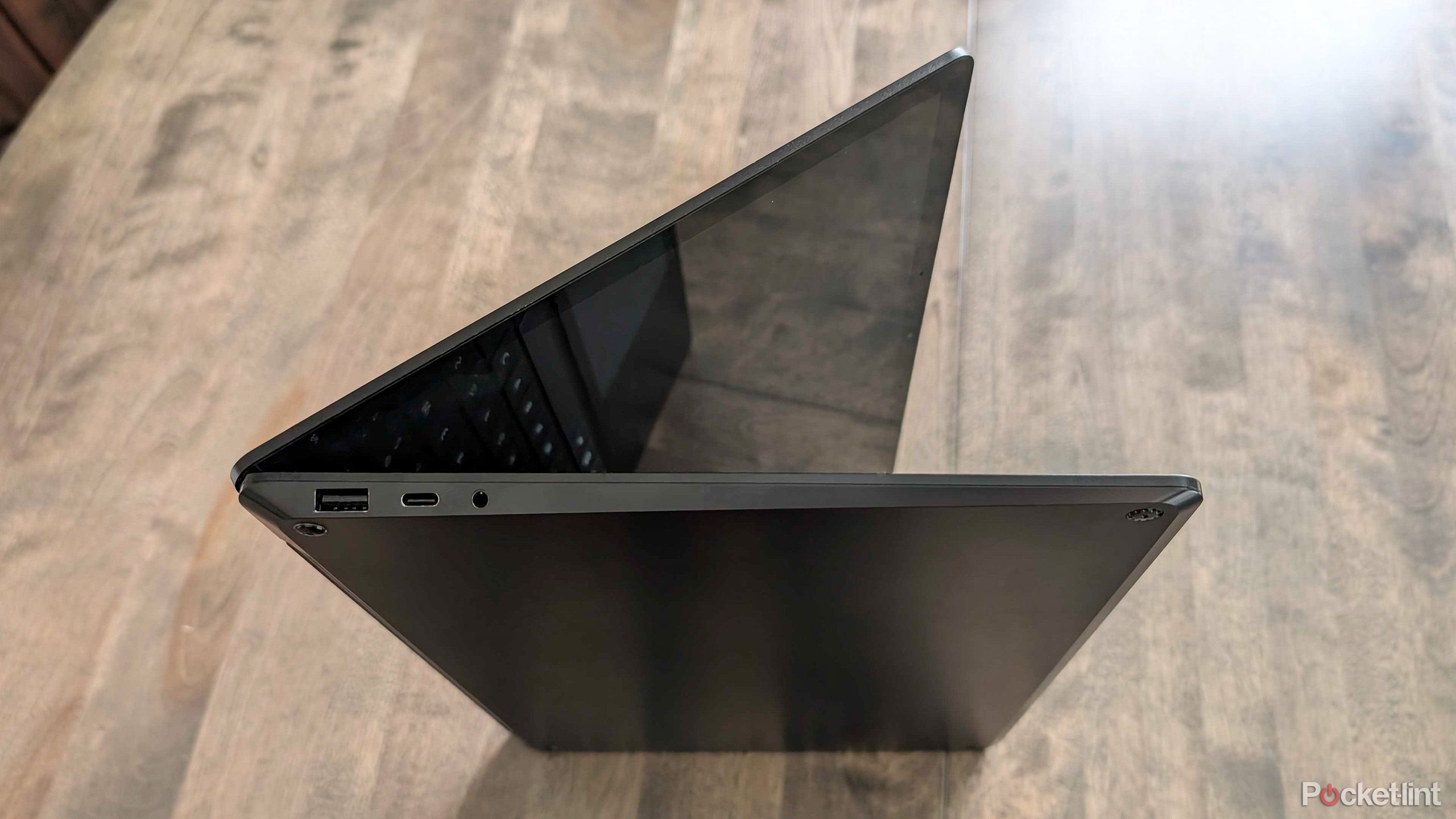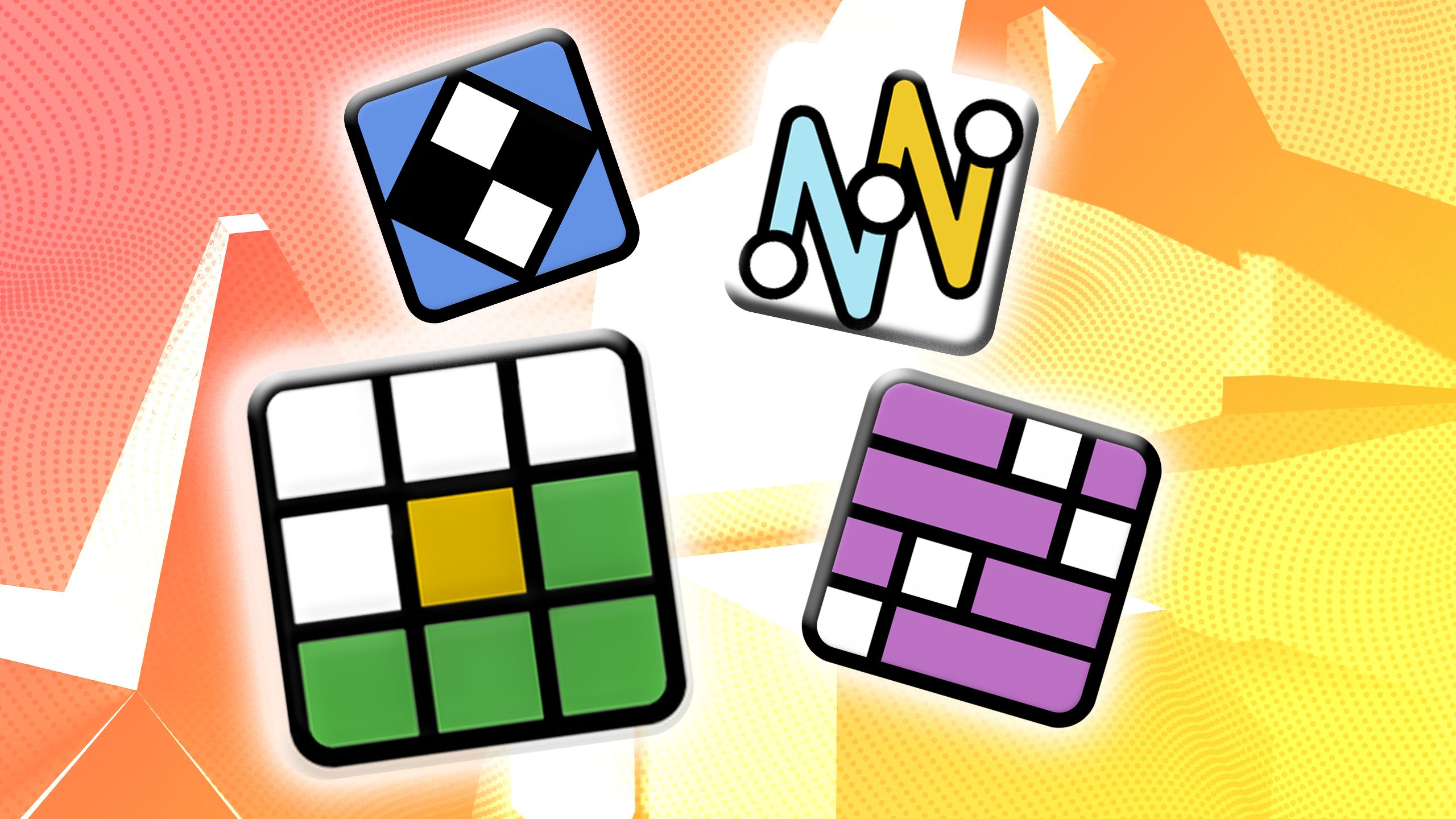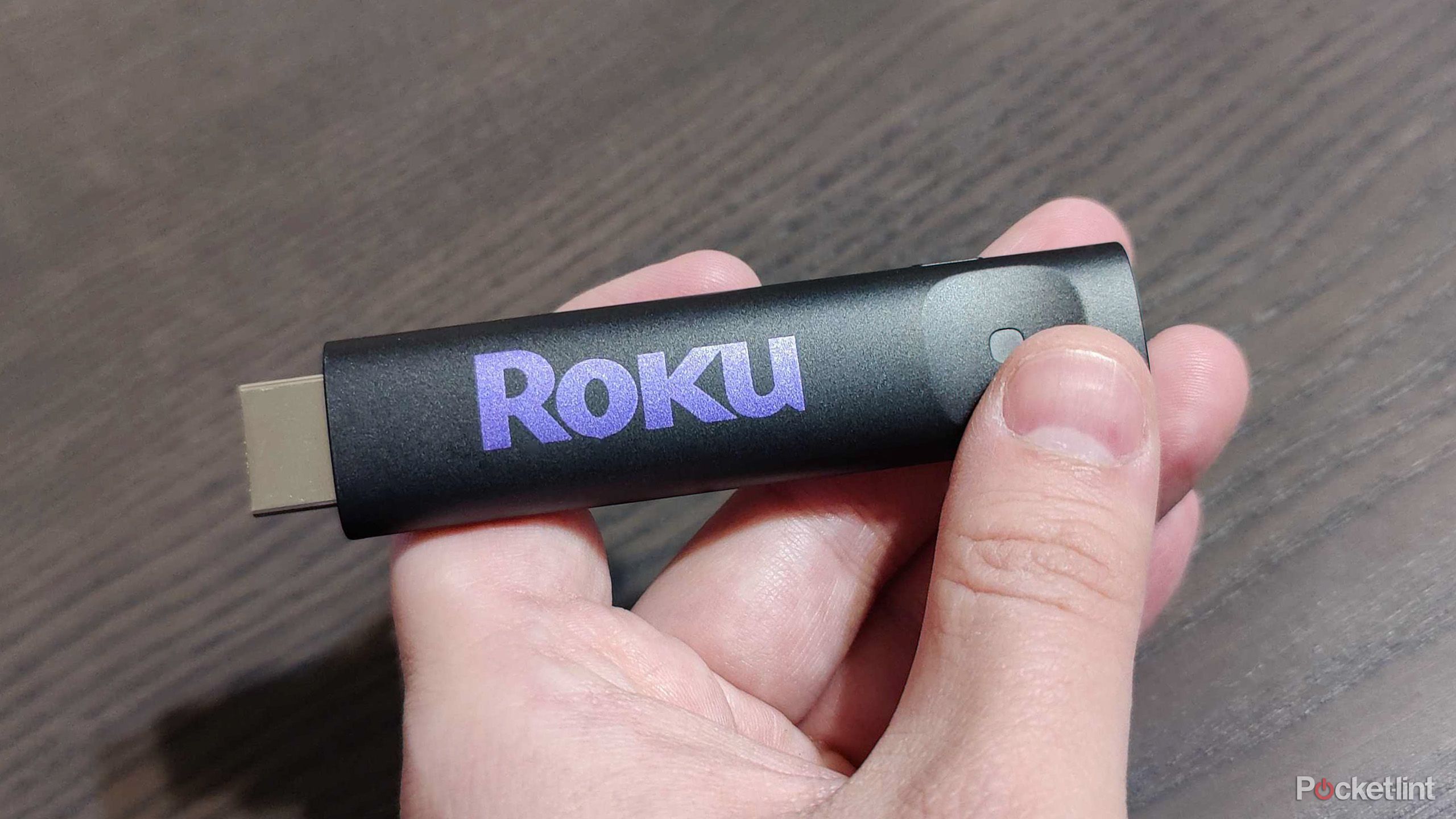ChatGPT maker OpenAI lost about $540 million last year: Is it good news for Google Bard?
The losses of Microsoft-backed OpenAI, the developer behind highly-successful AI chatbot ChatGPT, reportedly swelled to nearly $540 million last year and are likely to only keep rising. According to The Information, OpenAI’s losses doubled as it developed ChatGPT and hired key employees from Google. “The previously unreported figure reflects the steep costs of training its machine-learning models during the period before it started selling access to the chatbot,” the report noted.
OpenAI in February this year launched a new subscription plan, ChatGPT Plus, which is available for $20 a month. However, the report mentioned that even if the revenue picks up, OpenAI’s losses are likely to keep rising as “more customers use its artificial intelligence technology and the company trains future versions of the software”.
OpenAI CEO Sam Altman has “privately suggested OpenAI may try to raise as much as $100 billion in the coming years to achieve its aim of developing artificial general intelligence (AGI) that is advanced enough to improve its own capabilities”.
Elon Musk, Twitter CEO and an early investor in OpenAI, tweeted late on Saturday: “That’s what he (Altman) told me”. Musk, who has criticised OpenAI several times, last month created a new company called X.AI which will promote AI in the ChatGPT era. It was Musk who initially invested $100 million in OpenAI, but later exited the company.
Musk’s X.AI may not be the biggest rival to ChatGPT currently, but there is an up-and-coming player in the generative AI industry. Google launched its AI chatbot Bard earlier this year to a limited set of users. Over the past few weeks, the company has expanded the availability to users of its apps, but Bard is not as ubiquitous as ChatGPT. That is because Google missed the opportunity of being the first company to introduce generative AI technology for consumers. Microsoft-backed OpenAI launched ChatGPT late last year and it became one of the most used implementations of conversational Artificial Intelligence. In recent months, ChatGPT and GPT-4 have become a rage worldwide. OpenAI recently closed a more than $300 million share sale at a valuation between $27-$29 billion, according to reports.
Meanwhile, experts and critics have warned against the potential threats that Artificial Intelligence-powered technologies can pose. Geoffrey Hinton, widely known as one of the “godfathers of AI”, recently announced he had quit Google-parent Alphabet after a decade at the firm, saying he wanted to speak out on the risks of the technology without it affecting his former employer.
— Written with inputs from IANS
The post ChatGPT maker OpenAI lost about $540 million last year: Is it good news for Google Bard? appeared first on Techlusive.
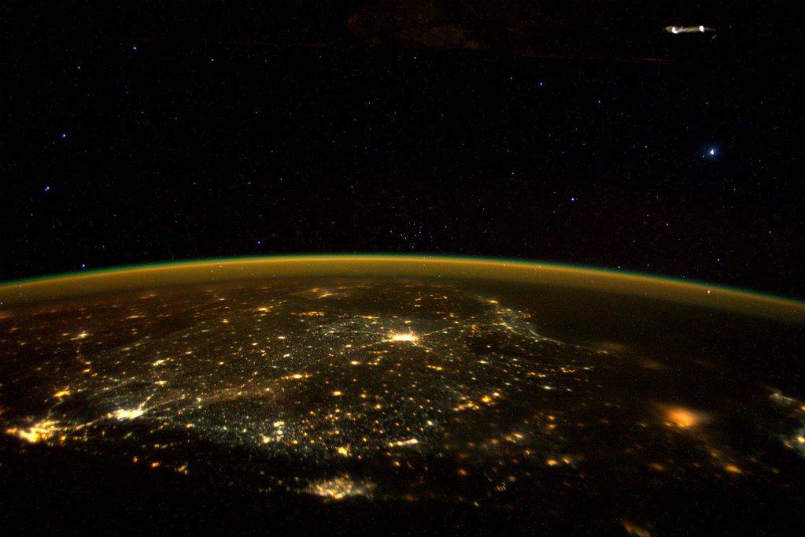
The losses of Microsoft-backed OpenAI, the developer behind highly-successful AI chatbot ChatGPT, reportedly swelled to nearly $540 million last year and are likely to only keep rising. According to The Information, OpenAI’s losses doubled as it developed ChatGPT and hired key employees from Google. “The previously unreported figure reflects the steep costs of training its machine-learning models during the period before it started selling access to the chatbot,” the report noted.
OpenAI in February this year launched a new subscription plan, ChatGPT Plus, which is available for $20 a month. However, the report mentioned that even if the revenue picks up, OpenAI’s losses are likely to keep rising as “more customers use its artificial intelligence technology and the company trains future versions of the software”.
OpenAI CEO Sam Altman has “privately suggested OpenAI may try to raise as much as $100 billion in the coming years to achieve its aim of developing artificial general intelligence (AGI) that is advanced enough to improve its own capabilities”.
Elon Musk, Twitter CEO and an early investor in OpenAI, tweeted late on Saturday: “That’s what he (Altman) told me”. Musk, who has criticised OpenAI several times, last month created a new company called X.AI which will promote AI in the ChatGPT era. It was Musk who initially invested $100 million in OpenAI, but later exited the company.
Musk’s X.AI may not be the biggest rival to ChatGPT currently, but there is an up-and-coming player in the generative AI industry. Google launched its AI chatbot Bard earlier this year to a limited set of users. Over the past few weeks, the company has expanded the availability to users of its apps, but Bard is not as ubiquitous as ChatGPT. That is because Google missed the opportunity of being the first company to introduce generative AI technology for consumers. Microsoft-backed OpenAI launched ChatGPT late last year and it became one of the most used implementations of conversational Artificial Intelligence. In recent months, ChatGPT and GPT-4 have become a rage worldwide. OpenAI recently closed a more than $300 million share sale at a valuation between $27-$29 billion, according to reports.
Meanwhile, experts and critics have warned against the potential threats that Artificial Intelligence-powered technologies can pose. Geoffrey Hinton, widely known as one of the “godfathers of AI”, recently announced he had quit Google-parent Alphabet after a decade at the firm, saying he wanted to speak out on the risks of the technology without it affecting his former employer.
— Written with inputs from IANS
The post ChatGPT maker OpenAI lost about $540 million last year: Is it good news for Google Bard? appeared first on Techlusive.

